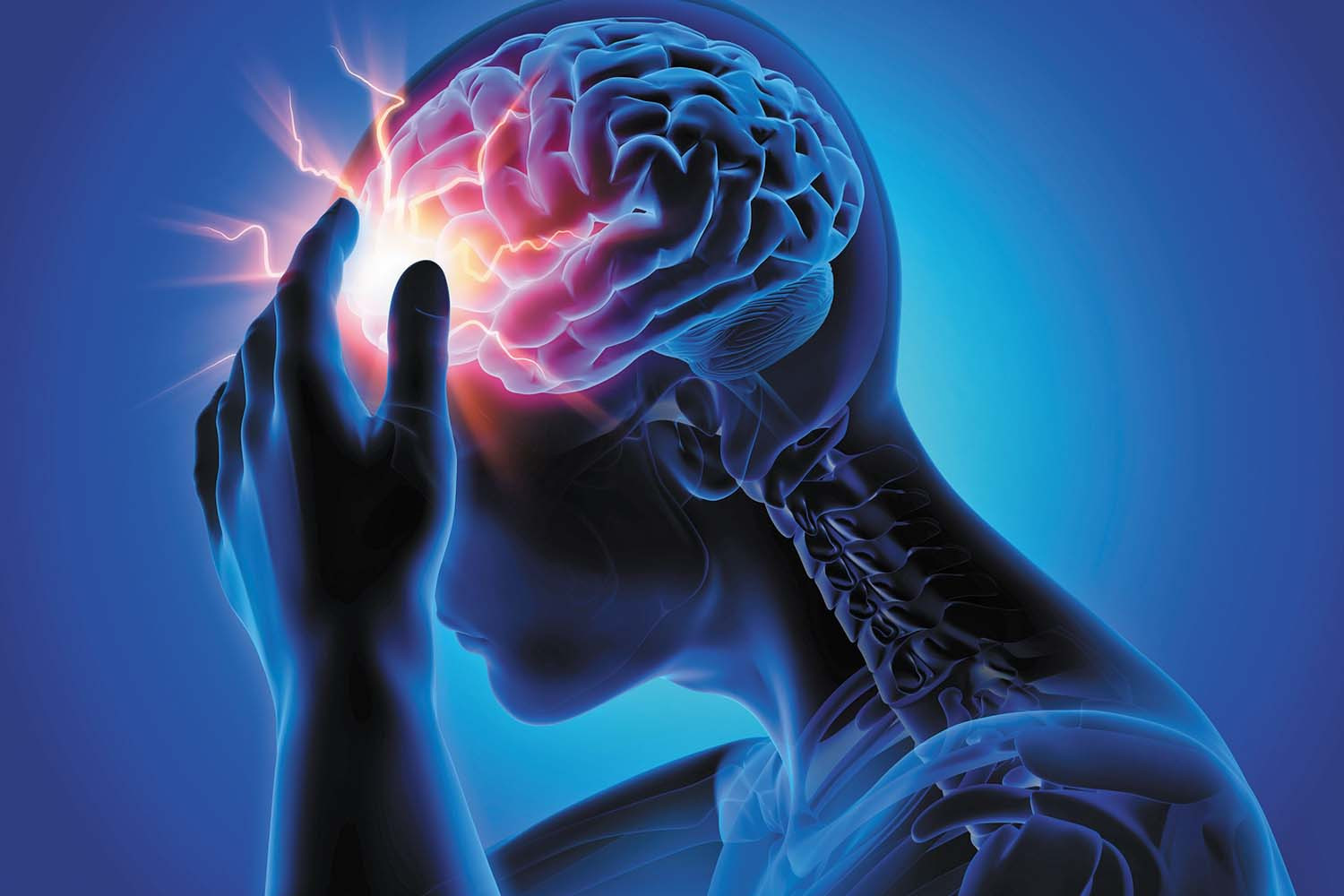
Driving with arthritis pain: Stay comfortable — and safe — behind the wheel

Daily cup of coffee may prevent afib recurrence

Gene-editing therapy lowers harmful blood fats in early study

What is EMDR therapy, and who can it help?

GLP-1 drugs versus bariatric surgery for treating obesity

Two dumbbells, three exercises, and 10 minutes

Easing the emotional burden of IBS

Modify your push-ups to meet your fitness level

What is long QT syndrome?

Stroke survivors may benefit from very low LDL levels
Diseases & Conditions Archive
Articles
The FDA relaxes restrictions on blood donation
While the FDA rules for blood donation were revised twice in the last decade, one group — men who have sex with men — continued to be turned away from donating. Now new, evidence-based FDA rules will focus on individual risk rather than groupwide restrictions.
When should you worry about fainting?
While the cause of fainting often is something minor, fainting also can be a sign of a serious underlying medical problem.
Top 7 reasons you have a headache
Headaches can have many triggers from allergies to stress, or even hunger. Understanding headache triggers can help you avoid one in the future. Here's a look at the most common triggers for each kind of headache.
Overcoming resistant hypertension
People are considered to have resistant hypertension if their blood pressure remains at or above 130/80 millimeters of mercury despite taking the highest dosage of at least three different blood pressure medications and following healthy habits. Many times, it helps to explore other factors that could cause blood pressure to rise. These include failure to take medication correctly, white-coat syndrome, sleep apnea, alcohol intake, and use of over-the-counter pain remedies.
Get moving to manage osteoarthritis
An estimated 32 million Americans suffer from osteoarthritis, and although exercise is often difficult and painful, a regular resistance training program can help them stay active, improve their level of function, reduce pain, and perhaps avoid the condition worsening to the point where they need a joint replacement. Consulting with a physical therapist is recommended to find the right program to meet a person's needs, fitness level, and limitations.
Why are you coughing at night?
Several health issues are associated with nighttime coughing. Some of the most common are postnasal drip, gastroesophageal reflux disease (GERD), medication side effects, and heart failure. When a new nighttime cough lasts more than a few weeks, it's important to go to a doctor to rule out dangerous causes, such as heart failure. The doctor can also determine if a drug side effect, postnasal drip, or GERD is causing the cough, and prescribe medications to treat the condition.

Driving with arthritis pain: Stay comfortable — and safe — behind the wheel

Daily cup of coffee may prevent afib recurrence

Gene-editing therapy lowers harmful blood fats in early study

What is EMDR therapy, and who can it help?

GLP-1 drugs versus bariatric surgery for treating obesity

Two dumbbells, three exercises, and 10 minutes

Easing the emotional burden of IBS

Modify your push-ups to meet your fitness level

What is long QT syndrome?

Stroke survivors may benefit from very low LDL levels
Free Healthbeat Signup
Get the latest in health news delivered to your inbox!
Sign Up











